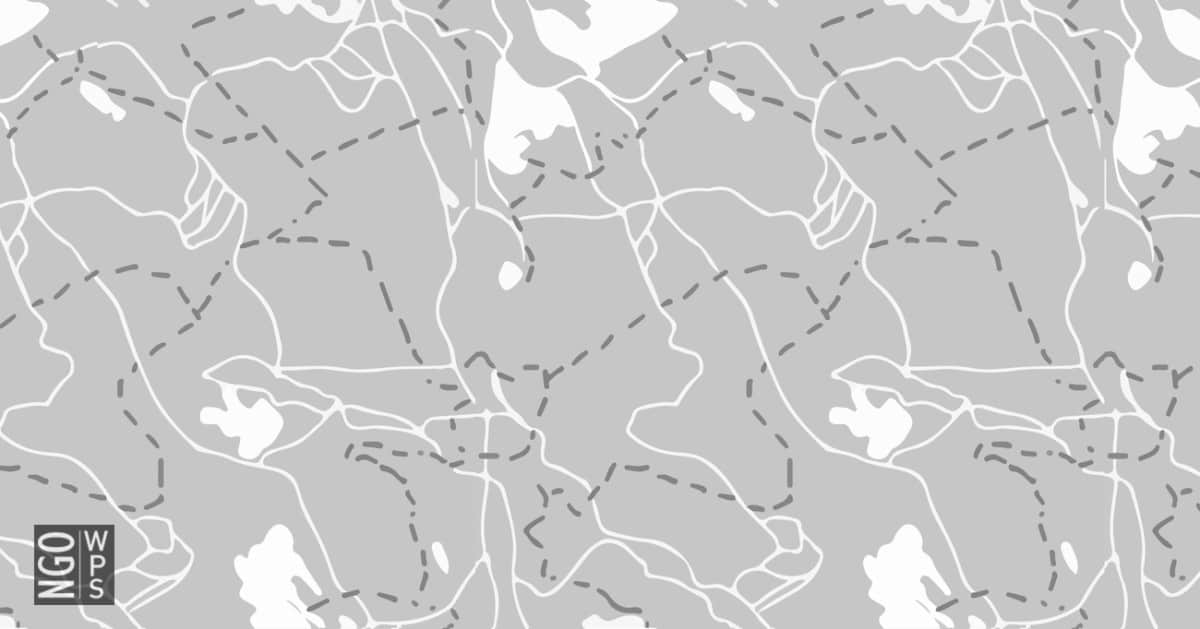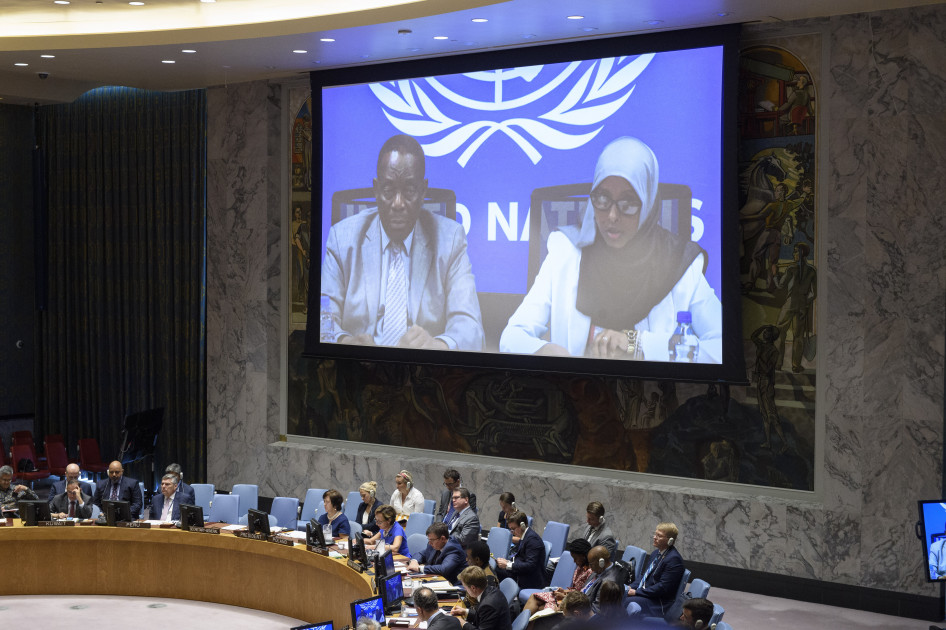Somalia
Somalia’s long-running armed conflict has been characterized by extremism, sectarian political violence, complex humanitarian crises, and piracy, and women have been disproportionately at risk of death and as targets of sexual and gender-based violence and displacement.
Based on the work of NGOWG members and their partners, the NGOWG advocates for women’s political participation, women’s meaningful and active participation in design and implementation of humanitarian responses, and strengthened mechanisms to prevent and respond to sexual and gender based violence.
Somalia
Somalia’s long-running armed conflict has been characterized by extremism, sectarian political violence, complex humanitarian crises, and piracy. Women have been disproportionately at risk of death, and as targets of sexual and gender-based violence and displacement.
Based on the work of NGOWG members and their partners, the NGOWG advocates for women’s political participation, women’s meaningful and active participation in design and implementation of humanitarian responses, and strengthened mechanisms to prevent and respond to sexual and gender based violence.
Current and Past Recommendations to the UN Security Council (Monthly Action Points)
In its renewal of the mandate of the African Union Mission in Somalia (AMISOM), the Council should call on the mission to prioritize efforts to mainstream gender across all activities and ensure full resourcing as the mission moves towards transitioning some responsibilities to the Government. This should include appointing gender experts, building capacity of staff on the matter, adequately funding strategies and activities to mainstream gender across the work of the mission, as well as delivering standalone gender objectives. The range of efforts undertaken by AMISOM to ensure police prevent violations and protect the rights of women and girls (S/2018/59) must be maintained and taken forward by the Government by working with clan leaders, and promoting women’s participation in clan structures and women’s access to formal and informal justice mechanisms. Further, any technical support provided by the mission on gender mainstreaming in the context of the review of the Constitution and implementation of the action plan on preventing violent extremism must be continued and strengthened. Finally, the Council must call on Somali authorities, AMISOM and United Nations Assistance Mission in Somalia (UNSOM) to ensure women and girls are protected from SGBV, including SEA (S/RES/2102 (2013), OP 11), by supporting the efforts of the Federal Government of Somalia (FGS) to adopt the draft Sexual Offences Bill, which is the result of two years of consultation with key stakeholders.
Relevant Resources









